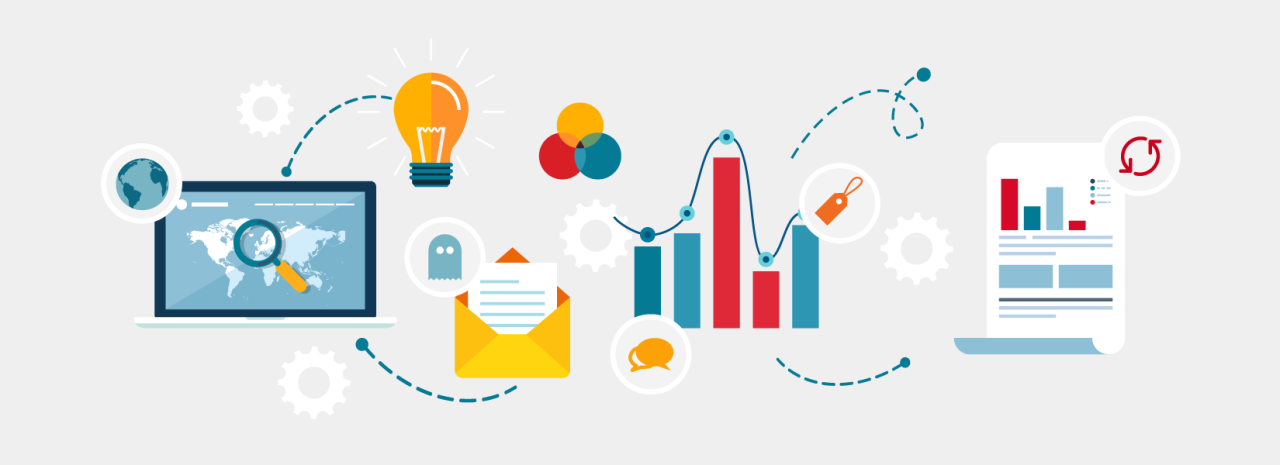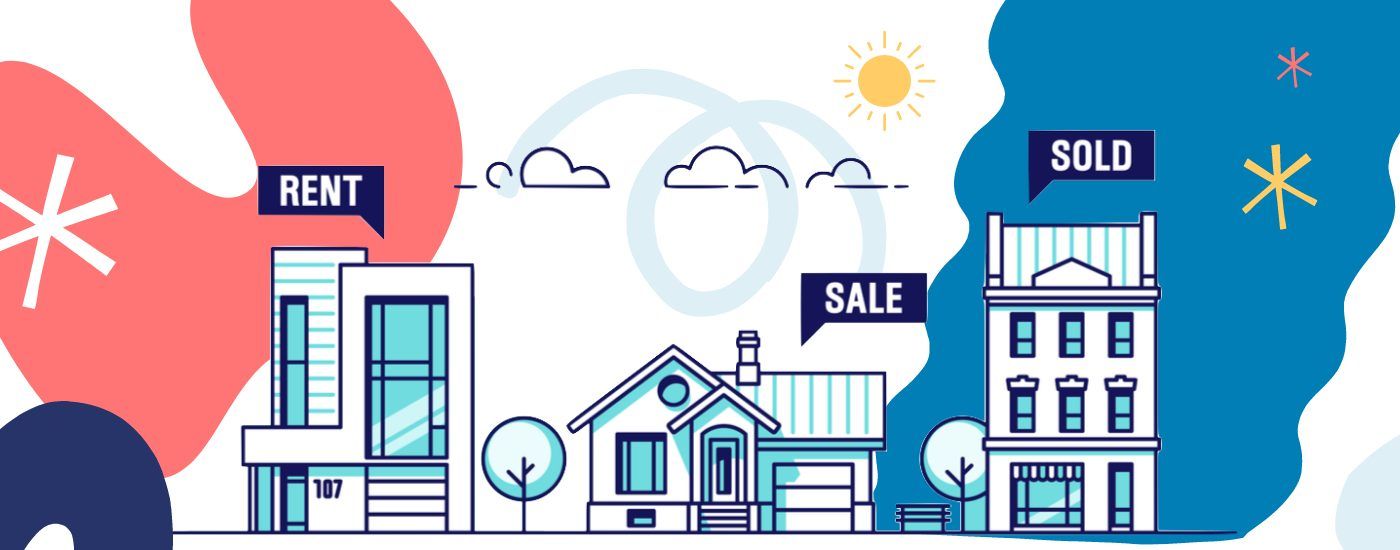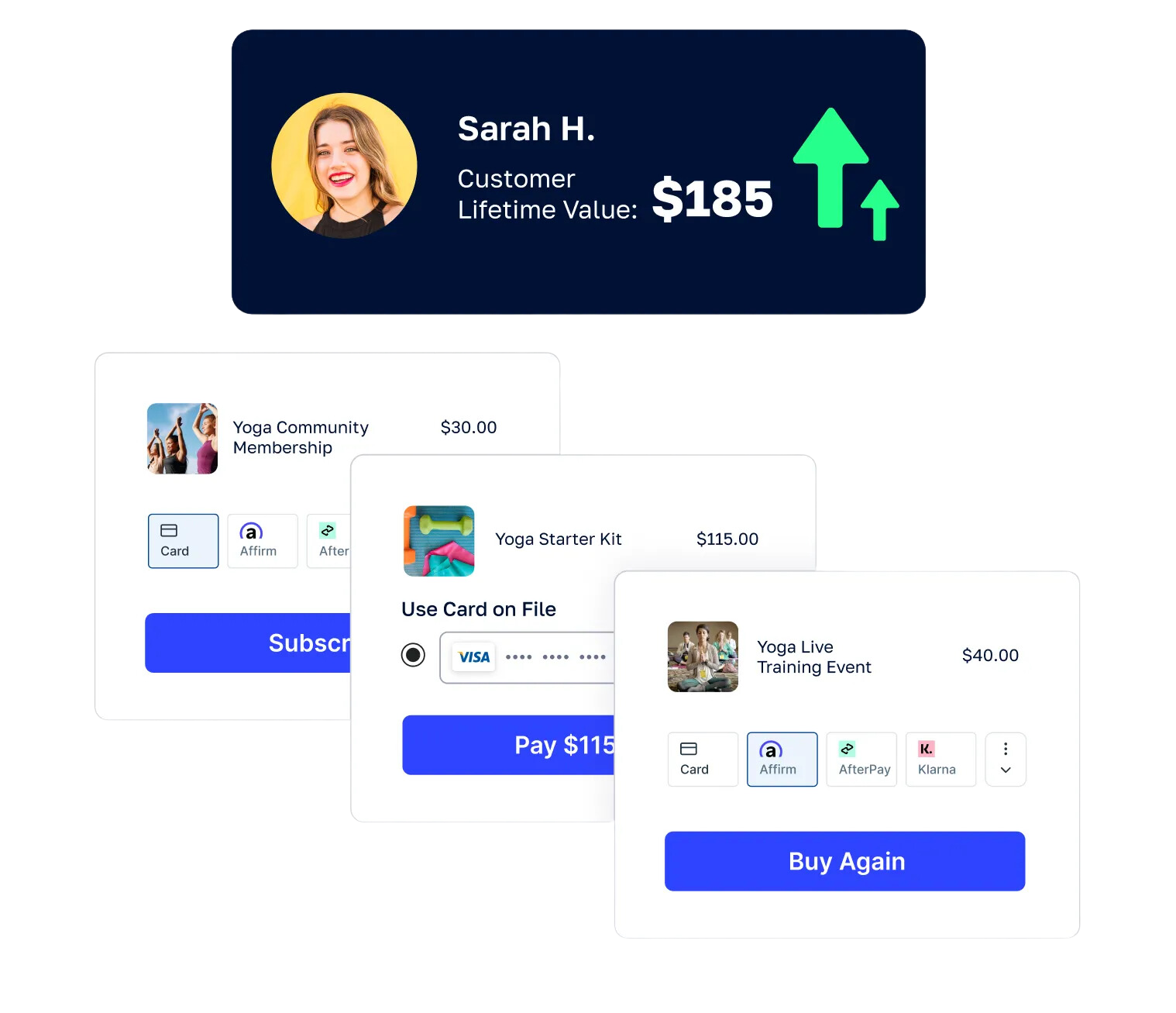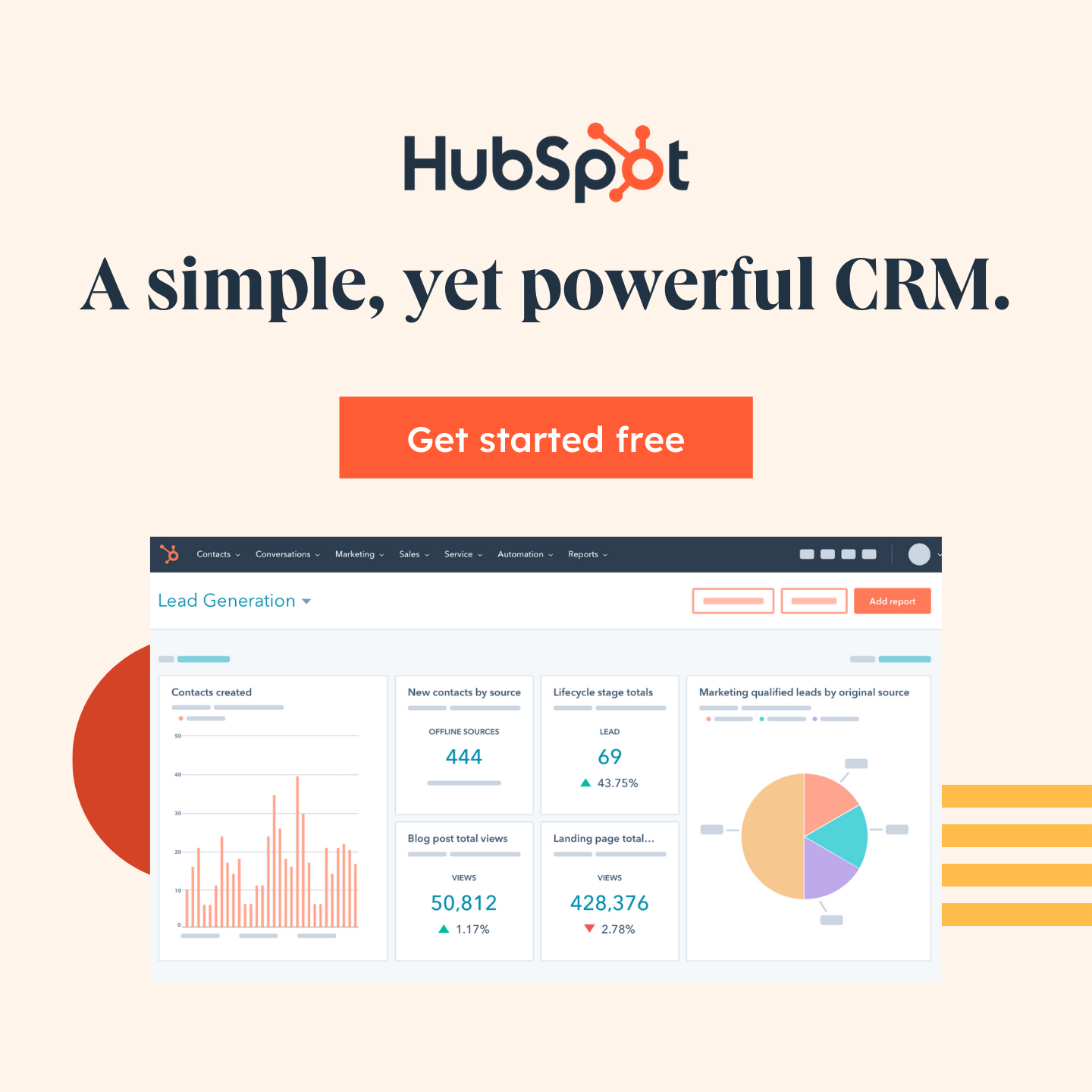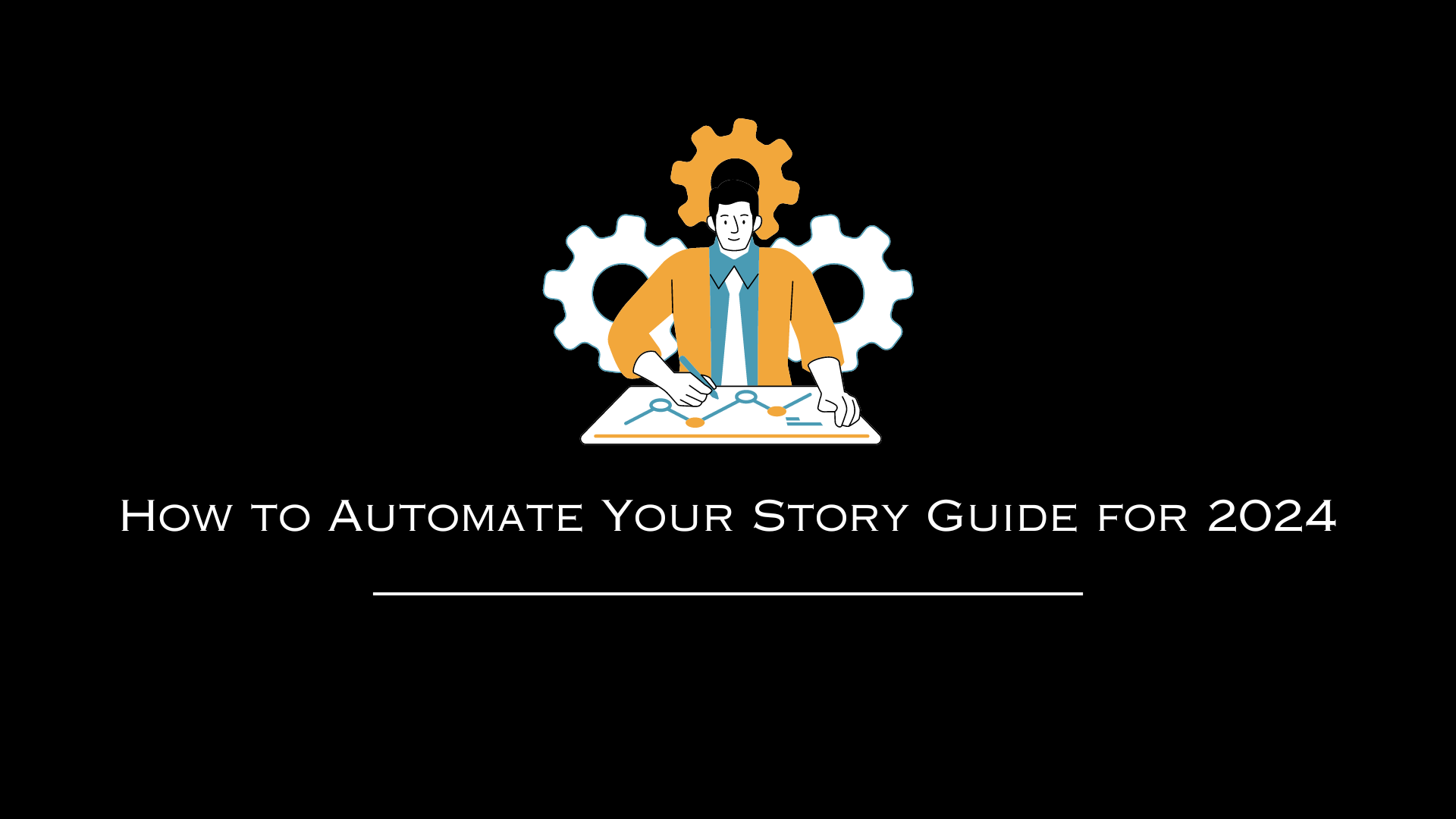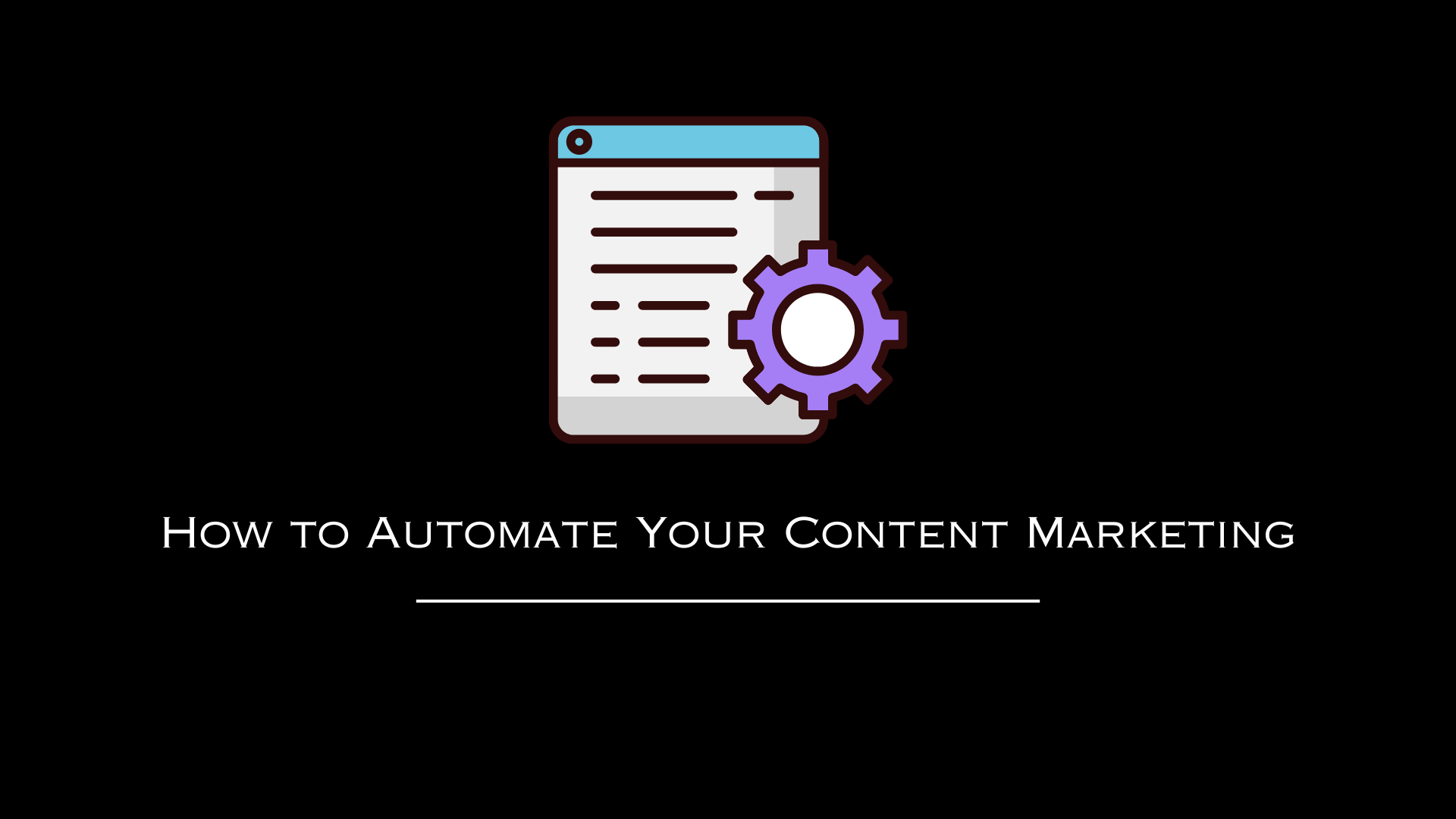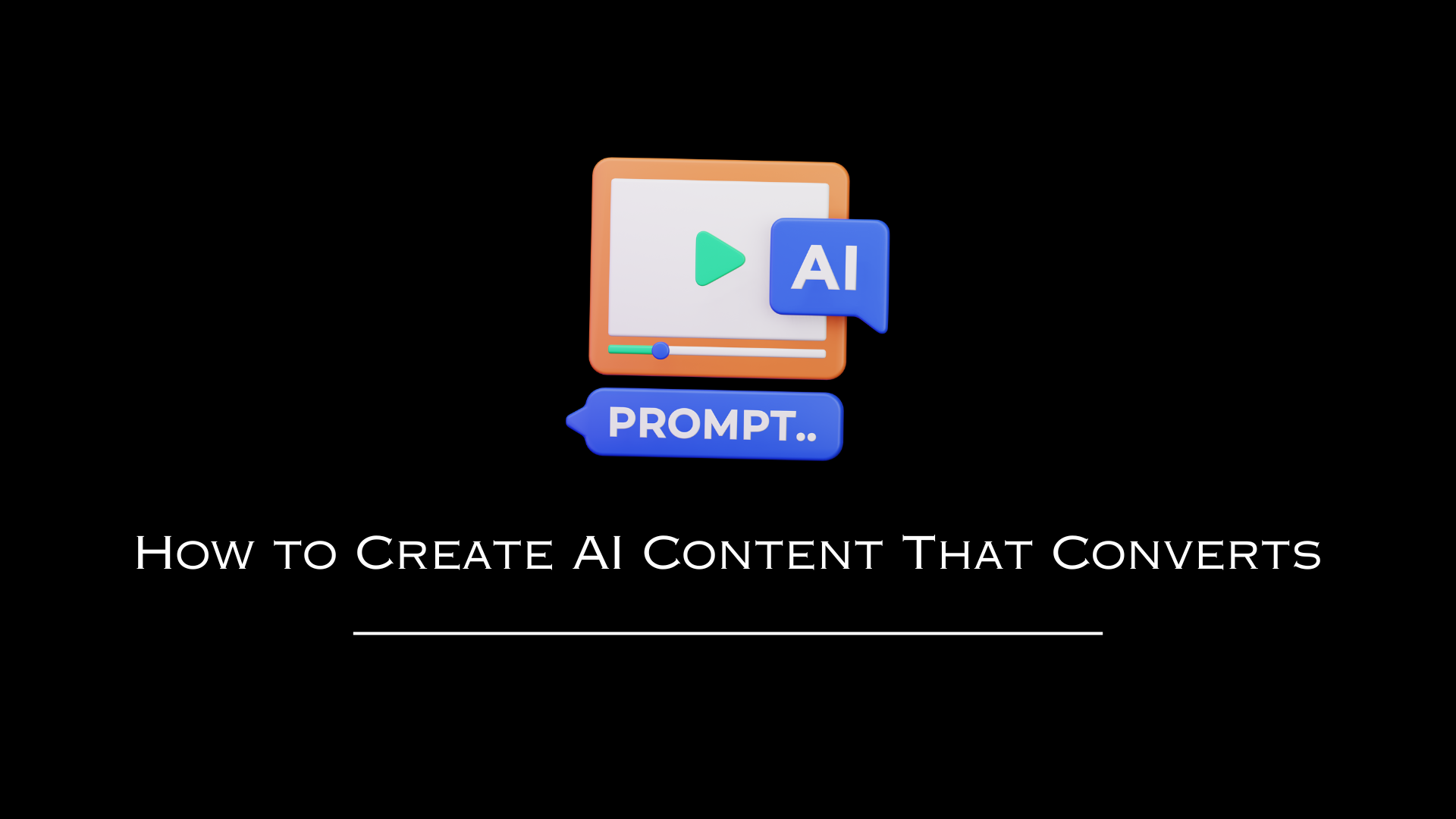AutomationLinks
This blog post has been researched, edited, and approved by expert Hannah Peake. Join our newsletter below to get our free marketing guides.
Here are four simple tips to help you learn about Marketing Strategies For Real Estate Professionals:
- Digital First Impression: Use a well-designed website and landing pages to capture leads effectively. This is your online storefront, so make it count.
- Nurturing Through Automation: Employ automated email sequences to consistently engage and nurture leads. This keeps you top-of-mind even when you're not in direct communication.
- Consistent Content Creation: Implement a robust content strategy that includes blogs, videos, and social media posts. This not only boosts your online presence but establishes you as an industry expert.
- Leverage Modern Tools: Platforms like Duda, MailerLite, and ChatGPT can significantly enhance and simplify your marketing efforts, ensuring you reach and resonate with your target audience.
4 Additional Tips for Real Estate Marketing Automation:
- Local SEO Boost: Ensure you have a listing on Google My Business. This improves your local visibility, making it easier for potential clients in your area to find you.
- Engage on YouTube: Establish a YouTube channel focused on showcasing your area, properties, and expertise. This not only improves SEO but gives a visual feel of your services.
- Referral Strategy: Use automation to keep in touch with past clients, turning them into potential referrers. Happy clients can be your best promoters.
- Analyze and Iterate: Regularly review the performance of your automated campaigns. Use insights to refine and optimize your strategies for even better results.
Simple Marketing Strategy For Real Estate Professionals
The Quest for Quality Leads
In the bustling world of real estate, professionals like you are always on the hunt for quality leads. The questions remain: Where do you find these leads? How do you engage and nurture them?
Being present on social media, having a functional website, and deploying effective lead magnets are just the beginning. These platforms serve as gateways for potential clients to join your email list, allowing you to follow up and foster a relationship with them. But the real challenge lies in securing leads that are genuinely interested in buying or selling.
Hello there! I'm Brad Smith, the proud owner of AutomationLinks.com. I craft sales funnels tailored for business professionals. Over the years, I've collaborated with numerous real estate agents, aiding them in their pursuit of high-quality leads.
Today, I'd like to share some tried-and-tested tips to ensure you bag those leads - come rain or shine, recession or boom, regardless of the fluctuating mortgage rates.
Building Lasting Relationships
Interestingly, many people choose their real estate agents based on referrals. This word-of-mouth marketing is potent and has stood the test of time.
So, when a potential client lands on your page or interacts with your content, be it via social media or a simple Google search, the thought process should shift to: "How can I turn this person into a referral?"
The answer? Automation.
Harnessing the power of automation allows you to build relationships seamlessly. It provides a consistent and personalized touchpoint, ensuring that prospects feel valued and understood.
My consulting revolves around this very principle.
By automating relationship-building processes, you ensure that when these potential clients are ready - be it in a week, a month, a year, or even a decade - you'll be the first person they think of. And that, is the pinnacle of successful real estate marketing.
The Art of Follow-Up: Ensuring Repeat Business
Let's face it: the real estate business isn't just about closing a deal today. It's about fostering relationships that ensure clients return to you when they're ready for their next purchase or sale.
Imagine this: you work with a client today, but three years down the line, they're ready for another transaction. The key question is, will they remember you? Or will they turn to Google, potentially landing on a competitor's site?
Consistency in communication is vital, but maintaining one-on-one touchpoints with all past clients isn't feasible. This is where the magic of automation comes into play once more.
Crafting an Automated Follow-Up System:
1. Recognize the Need: Most real estate professionals are aware of the importance of follow-ups. Many even have certain tools or strategies in place. Yet, a comprehensive system is often missing. Recognizing this gap is the first step.
2. Embrace Automation: Personalized, automated messages can keep you at the forefront of your past clients' minds. These systems can send out regular updates, market insights, or simply a 'thinking of you' note, ensuring your clients feel valued long after the initial transaction.
3. Consistency is Key: Regular, consistent touchpoints, even if automated, remind your clients of the seamless experience they had with you. This increases the likelihood of them returning to you for future real estate needs.
In essence, while the steps to establishing an effective follow-up system may seem straightforward, the difference lies in execution.
Many know they need it; some even have parts of it in place. But the true success lies in integrating a full, automated system that works tirelessly for your business.
Building a Comprehensive Automated Marketing System
For a real estate professional in today's digital age, merely having a presence isn't enough. It's about creating a cohesive, comprehensive system that not only attracts leads but also nurtures and retains them. Let's delve into how you can craft this complete automated marketing ecosystem.
1. Website & Landing Pages: Your Online Storefront
Your website acts as the first touchpoint for many potential leads. It needs to be inviting, informative, and geared towards conversion. A landing page, specifically, is designed to capture leads. Think of it as a digital welcome mat, laying out the best you have to offer and inviting visitors to step inside.
2. Automated Emails: Building Relationships on Autopilot
Once a lead lands on your website, the journey has just begun. With a series of seven automated emails, you can nurture this relationship, ensuring they're well-informed and feel valued.
3. Content Strategy: Providing Continuous Value
Whether it's market insights, tips for first-time homebuyers, or updates about the local community, consistently providing value through content sets you apart. It positions you as an expert in your field.
4. Social Media: Staying Top-of-Mind
From showcasing new listings to sharing client testimonials, social media is where you humanize your brand. Regular posts ensure you remain in the recall of potential clients, building trust over time.
5. YouTube Channel: Capturing Local SEO
For those relocating or looking to understand the vibe of a town or city, YouTube is a go-to. A dedicated channel not only boosts your SEO but gives a visual insight into the community you serve.
6. Blogging: Dominating Google
With consistent blogging, you ensure a strong presence on Google - from search results to maps. It amplifies your visibility, ensuring potential clients find you easily.
The reality is, many professionals have bits and pieces of this system. However, the true power is unlocked when these elements work in tandem. For instance, a landing page can capture leads, which then enter an email marketing funnel.
Tools like MailerLite can automate this follow-up process. Couple this with a content strategy that requires minimal weekly effort, and you have a robust system.
Let's take a practical look. Consider a landing page we developed for an Airbnb cum real estate professional. Here, visitors can view listings and gather all the necessary information.
The design instills trust and nudges the visitor towards a single action - filling out a form. Once this action is taken, the automated email sequence kicks in, seamlessly taking the lead through a nurturing journey.
The Automation Playbook
Real estate agents, here's an offer you can't refuse.
Are you struggling with lead generation? Or perhaps you have leads but find it challenging to maintain consistent engagement? The solution lies in automation, and I've got just the thing to kickstart your journey.
Your Guide to Seamless Engagement
I'm thrilled to present my Automation Playbook—a treasure trove of resources tailored for real estate professionals. One of the highlights? A set of seven plug-and-play automated emails.
These emails are crafted meticulously to engage, nurture, and convert leads. Simply integrate them into your email marketing software, and you're good to go.
If you're on the lookout for a reliable email marketing tool, I can't recommend MailerLite enough. It's intuitive, efficient, and dovetails perfectly with the strategies I advocate.
Tools & Tips to Elevate Your Real Estate Game
Automation is the key to consistent lead generation and nurturing in the real estate sector. From capturing leads with a captivating landing page to nurturing them with targeted emails and timely follow-ups, every step is crucial. And the beauty is, all of this can be automated.
Here are some tools and platforms to help you along the way:
- Landing Pages: I vouch for Duda. It's user-friendly and produces high-converting pages.
- Email Marketing: As mentioned, MailerLite is a top pick. It's versatile and perfect for real estate professionals.
- Local SEO: Don't underestimate the power of a free listing on Google My Business. It's a game-changer for local visibility.
- Content Creation: Need compelling blogs or video scripts? ChatGPT is a remarkable tool that can aid in content generation.
The options are plentiful. It's about choosing the right tools and strategies and integrating them effectively. If you ever find yourself needing a guiding hand, don't hesitate to reach out!
Embracing the Future of Real Estate Marketing
In the dynamic realm of real estate, staying ahead of the curve is paramount. This industry, steeped in tradition, is undergoing a digital transformation, and at the heart of this evolution lies automation.
Recap of Key Takeaways:
- Lead Generation: Your online presence, encapsulated in your website and landing pages, acts as the first touchpoint for potential clients. It's essential to make a lasting impression here.
- Relationship Building: Through automated emails, you can ensure consistent and personalized communication, fostering relationships even when you're not directly in touch.
- Content is King: A robust content strategy, encompassing blogs, videos, and social media, not only boosts your visibility but positions you as an industry authority.
- The Power of Referrals: Word-of-mouth remains a potent tool. By harnessing automation, you can turn casual interactions into lasting referrals.
- Tools to Empower: Platforms like Duda for landing pages, MailerLite for email marketing, and ChatGPT for content creation can supercharge your marketing efforts.
- The Automation Playbook: A curated resource offering plug-and-play email templates, ensuring you're always engaging and nurturing your leads.
In essence, the future of real estate marketing is automated. By integrating these tools and strategies, agents can ensure they not only attract but also retain and nurture leads, laying the foundation for sustained success.
So, as we look ahead, the message is clear: embrace automation, stay connected, and let technology elevate your real estate journey!
Frequently Asked Questions
What is Marketing Automation?
Marketing automation is a tech-fueled approach that streamlines and automates repetitive marketing tasks, such as sending emails and managing social media. It uses software platforms to ensure timely communication, ultimately nurturing leads through the buying process.
By employing this strategy, businesses can deliver personalized content efficiently and at scale. It allows for audience segmentation based on various criteria, enabling tailored marketing messages that increase engagement.
Additionally, the insights garnered from tracking customer interactions provide a deeper understanding of audience behaviors, leading to optimized campaigns and improved customer experiences. In essence, marketing automation offers businesses a data-driven approach to refine their strategies and enhance results.
What is a Landing Page?
A landing page is a specialized web page crafted to captivate visitors and prompt them into action, like signing up for a newsletter or making a purchase. It's the go-to page for digital campaigns, from online ads to email promotions. By honing in on a single goal and reducing distractions, landing pages efficiently transform visitors into leads.
Consider a real estate agent using a landing page to feature a specific property from a Facebook ad, rather than directing traffic to the main website. This focused tactic amplifies the likelihood of engaging the visitor.
Key components of a potent landing page include captivating headlines, concise copy, striking visuals, and a defined call-to-action. They address the visitor's needs, offering solutions and often featuring forms to gather contact information for further engagement.
For optimal performance, it's pivotal to regularly test and tweak various landing page elements to discern what appeals most to your audience, enhancing conversions. This ongoing refinement ensures better lead capture and overall success.
Why Are Blogs Useful for SEO?
Blogs boost SEO by offering fresh content for search engines to index, improving a site's visibility in search results. Regular blogging means frequent updates, which search engines like Google favor. By weaving in industry-specific keywords, blogs enhance the chances of ranking higher, drawing potential customers searching for related information.
Moreover, blogs facilitate strategic linking. Internal links guide search engines through your site's structure, while external links to credible sources boost your site's trustworthiness.
Engaging blog content also sparks social shares and backlinks, two crucial elements for SEO. Quality backlinks, especially, enhance a site's SEO standing.
Lastly, through insightful blogging, you can position yourself as an industry expert, fostering trust and recognition. This not only elevates brand loyalty but also drives quality leads.
